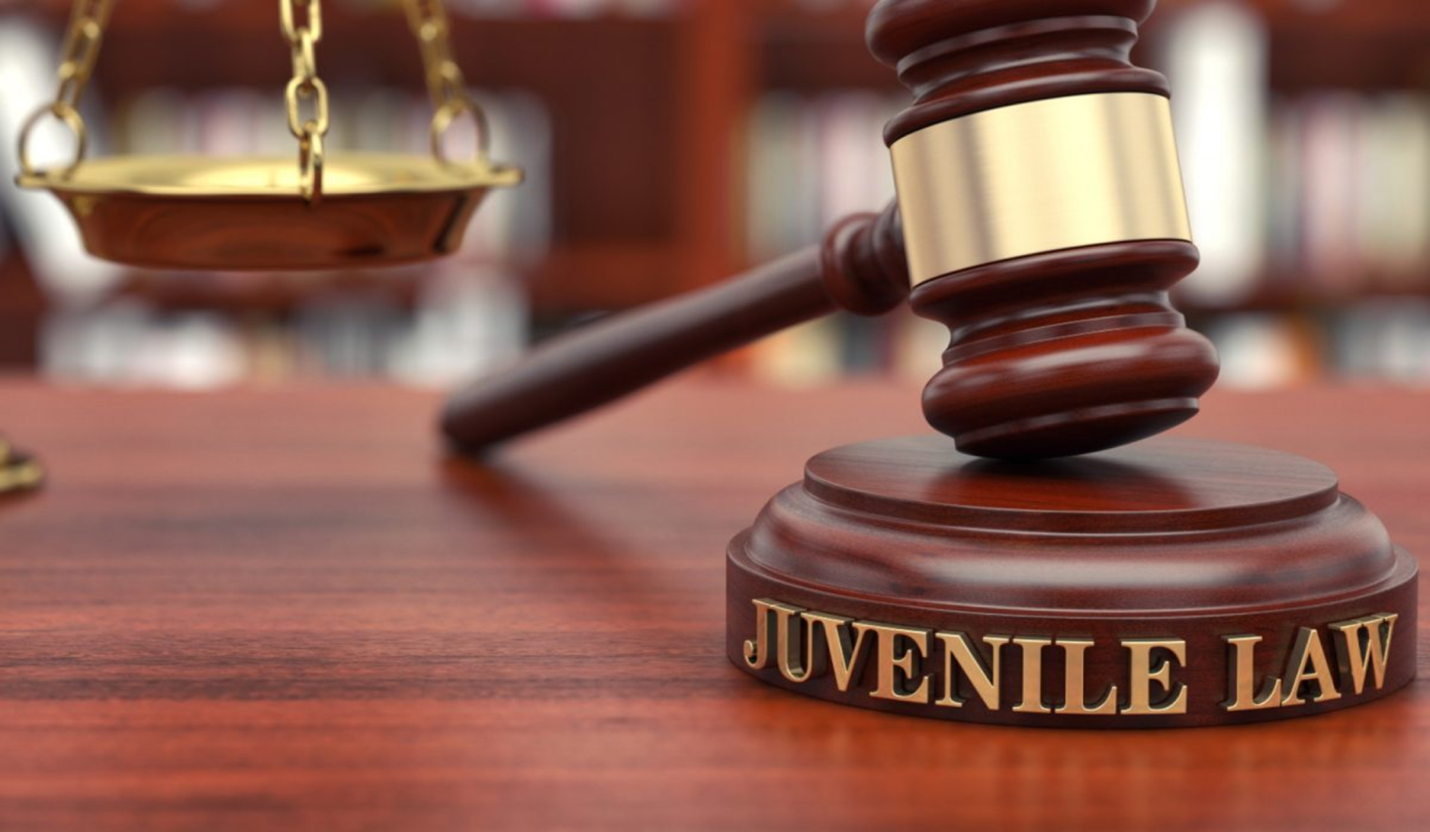Free Courses Sale ends Soon, Get It Now


Free Courses Sale ends Soon, Get It Now



Copyright infringement not intended
Context: The National Commission for the Protection of Children recently issued recommendations for the Juvenile Justice Board to perform a preliminary evaluation under Section 15 of the Juvenile Justice Act of 2015.
Details
How a child does get tried as an adult?
Procedure for Trying a Juvenile as an Adult
Step 1: Preliminary assessment by the JJB
Step 2: Transfer of case to the Children's Court
Conclusion
Must Read Articles:
Juvenile Justice Boards: https://iasgyan.in/daily-current-affairs/juvenile-justice-boards
National Commission for Protection of Child Rights: https://www.iasgyan.in/daily-current-affairs/national-commission-for-protection-of-child-rights-ncpcr
|
PRACTICE QUESTION Q. The Juvenile Justice (Care and Protection of Children) Act, 2015 allows the Juvenile Justice Board to transfer cases of heinous offences by children aged 16-18 years to a Children's Court. However, this provision has been criticized by many human rights activists and child rights experts, who argue that it violates the principle of the best interest of the child and the international conventions that India is a party. Therefore, a question that arises is: What are the legal, ethical and social implications of trying a juvenile as an adult in India? |
https://epaper.thehindu.com/ccidist-ws/th/th_delhi/issues/33647/OPS/GK5B58I91.1+G3VB58MHJ.1.html
© 2024 iasgyan. All right reserved